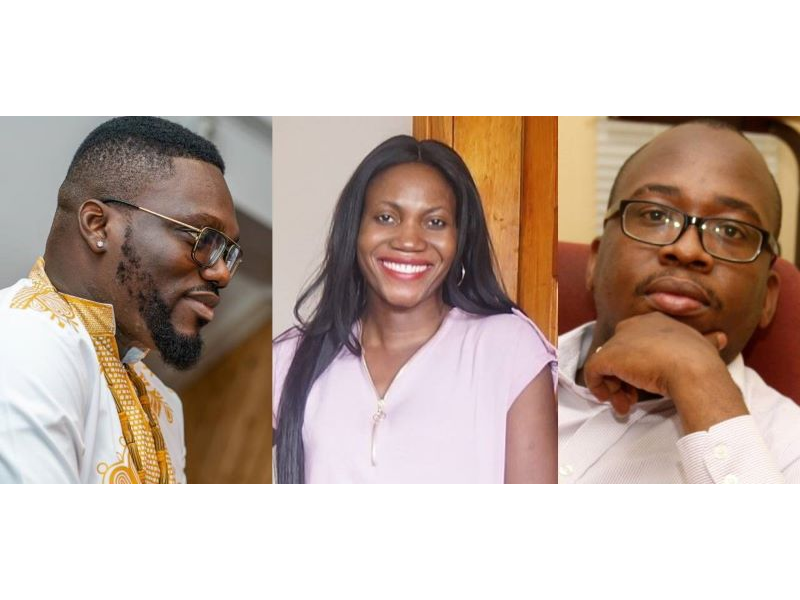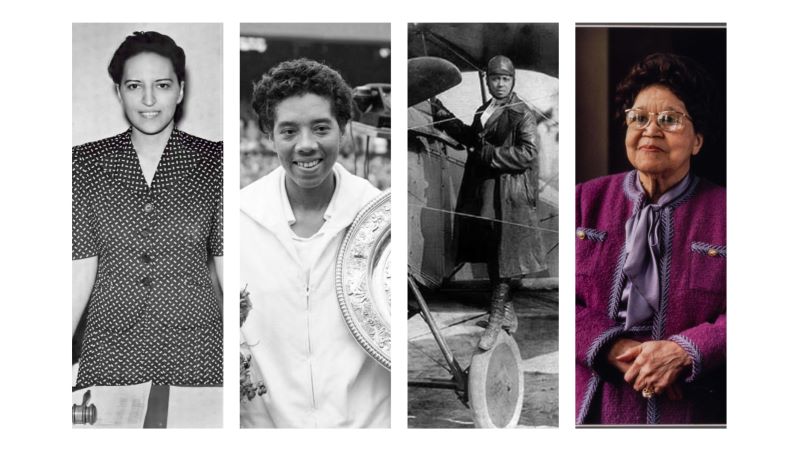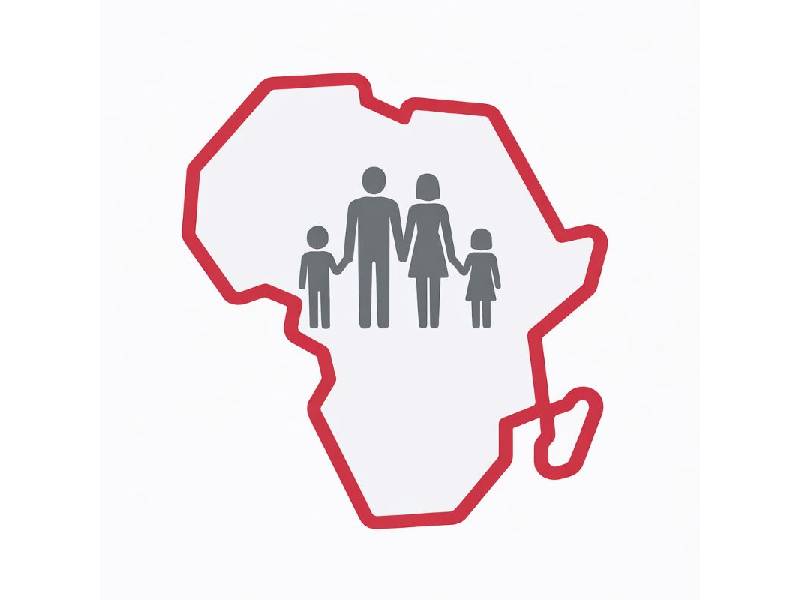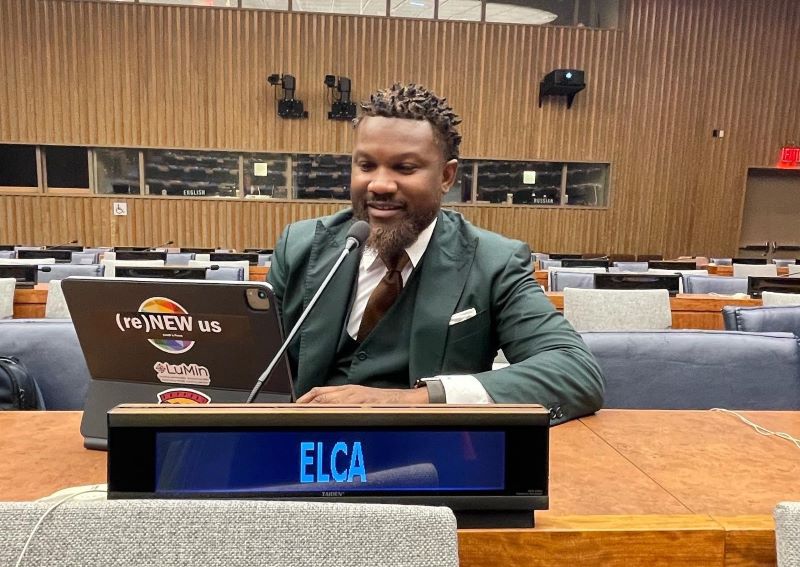Journalists David Hundeyin, Sonja Smith, and Ntibinyane Ntibinyane. Source: see below
World Press Freedom Day has always provided an opportunity for the world to recognize the impact of Journalists in shaping social and political discourse, holding to public scrutiny political leaders and all with democratic authority, and more importantly, ensuring that the fundamental rights of all humans are protected.
Recognized as the fourth estate of the realm, May 3 has continued to remain a date where the institution of journalism is recognized and celebrated for its contribution to the preservation of democracy.
Many hold the opinion that freedom of the press is in itself one of the very tenets of democracy and without it, the people are left in darkness and saddled with despotic and fascist governments, for as Mahatma Gandhi once said during a speech at the United Nations General Assembly, “freedom of the press is a precious privilege that no country can forego”.
In celebration of this important day, this article is dedicated to African journalists who have been on the frontlines in the struggle against censorship, intimidation, provocation, and imprisonment from tyrannical regimes.
Despite the effort to limit their impact and muscle freedom of speech, journalists in Africa have continued to exhibit a deep commitment to change the narratives and shape their countries with the power of the pen.
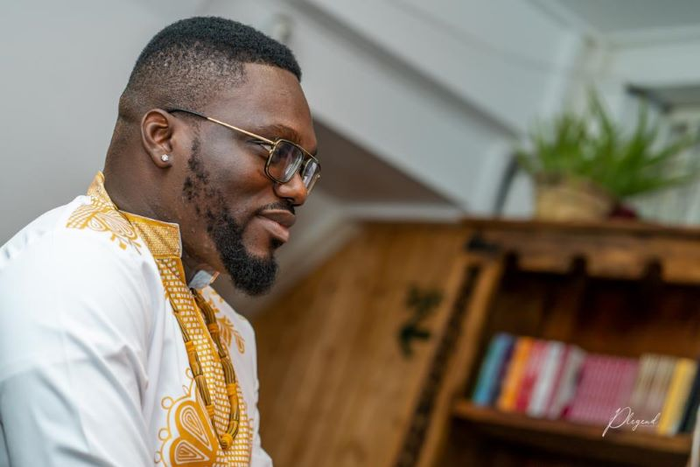
Monoclinicva, CC BY-SA 4.0, via Wikimedia Commons
One such is David Hundeyin, a Nigerian Journalist and author whose investigative reporting has been instrumental in exposing high-level corruption within the corridors of government and influencing several policy changes that originally had been unfavorable to the well-being of the Nigerian people. A recipient of the Special Investigative Reporting Award at the 2023 PwC Media Excellence Awards among many others, David founded the West Africa Weekly, a news outfit that focuses on stories and events related to Africa.
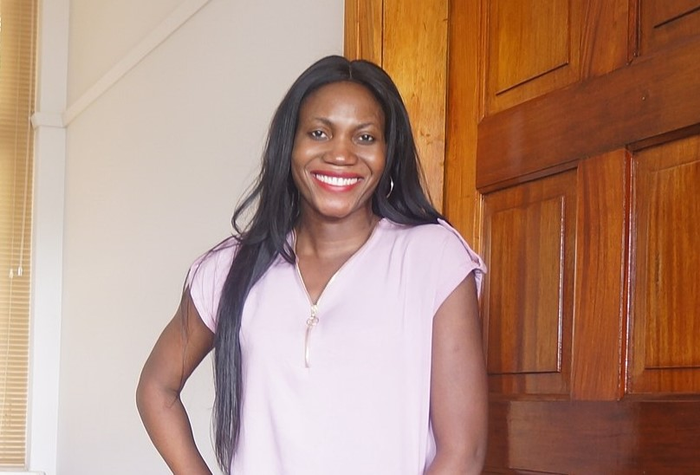
ShopLeft, CC BY-SA 4.0, via Wikimedia Commons
In Namibia, Sonja Smith, a freelance investigative Journalist and member of the Center for Collaborative Investigative Journalism, has used the power of her pen to bring several critical stories to the front burner. One such story was the Caprivi Treason Trial where the Namibian government had indicted 132 for secession attempts. As an investigative journalist, her article on “The Agony of Infertility” not only won her first place in the Merck Foundation Africa Media Recognition Awards print category but also brought attention to the conception struggles of several Namibian women.
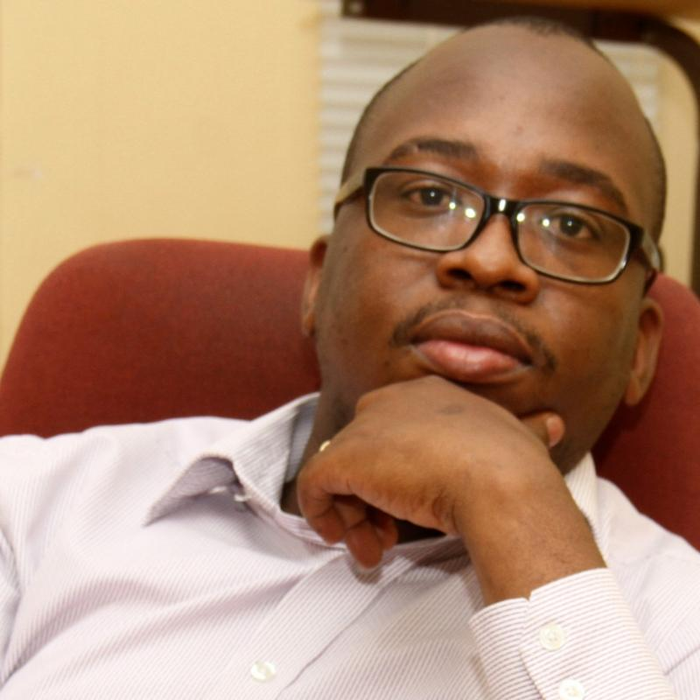
Ntibinyane Ntibinyane. Source: Reuters Institute for the Study of Journalism at University of Oxford
Another Journalist impacting society is Ntibinyane Ntibinyane from Botswana who founded the INK Centre for Investigative Journalism. His reporting style delves into the world of corruption that is prevalent within government corridors along with the illicit finances associated with them.
In recognition of his sterling work, he was recruited along with several other reporters to work in collaboration with the International Consortium of Investigative Journalists (ICIJ) to work on the Panama Papers. He is a recipient of the Media Institute of Southern Africa Investigative Journalist of the Year award.
While many Journalists in Africa are breaking ground in their quest to report the stories and influence change in society, many are still faced with countless challenges in their effort to ensure press freedom. There seems to be a growing effort by governments in Africa to censure press freedom. As a result, many Journalists have faced harassment, intimidation, and imprisonment on trumped-up charges.
One of such is the Senegalese journalist Pape Alé Niang, who was arrested on charges of “calling for insurrection and acts or maneuvers likely to compromise public security” according to a report by the International Federation of Journalists (IFJ). Pape Ale Niang who was a strong government critic and owner of Dakarmatin (an online news outlet) had, through a YouTube video, strongly criticized the arrest and detention of opposition leader Ousmane Sonko. After a 10-day hunger strike and public outcry, he was released from prison even though some of the charges were yet to be dropped.
In Rwanda, a court in Kigali had acquitted three journalists Damascene Mutuyimana, Shadrack Niyonsenga, and Jean Baptiste Nshimiyimana who were arrested in 2018 on charges of “inciting insurrection, spreading false information with the intent to create a hostile international opinion of Rwanda and of publishing fake statements and pictures”.
After a 4-year incarceration, the three journalists were released on the prosecution’s inability to prove their case. Many continue to question the country’s approach to the right to free expression with media institutions such as Reporters Without Borders calling for change in the high-handedness of the Rwandan Government. The country currently ranks 144 out of 180 on the World Press Freedom Index for 2024.
Despite these challenges, African Journalists continue to oppose authoritarian regimes both at home and in hiding through the power of their pen.
With the rise of digital media, it is becoming challenging for authoritarian regimes to continue the clampdown of Journalists through censorship. With various social media platforms, not only are journalists able to navigate through various draconian policies, but the battle for press freedom and more importantly freedom of speech has taken a whole new dimension as many citizens have taken up the responsibility to report the stories as they happen leaving the mainstream media playing catch-up.
Irrespective of the efforts at clamping down on Social Media through various regulations the stories still find their way to the public domain thereby ensuring that African Journalists can highlight the issues that affect their communities and countries.
As we celebrate press freedom, it is important to continue recognizing the influential role journalists play in remaining champions of democracy, especially in the African continent.

Okechukwu Nzeribe works with the Onitsha Chamber of Commerce, in Anambra State, Nigeria, and loves unveiling the richness of African cultures. okechukwu.oniccima@gmail.com

